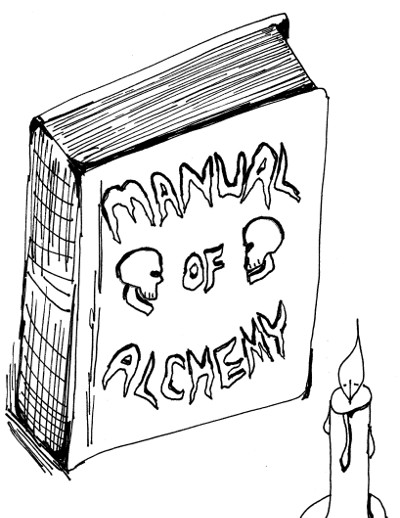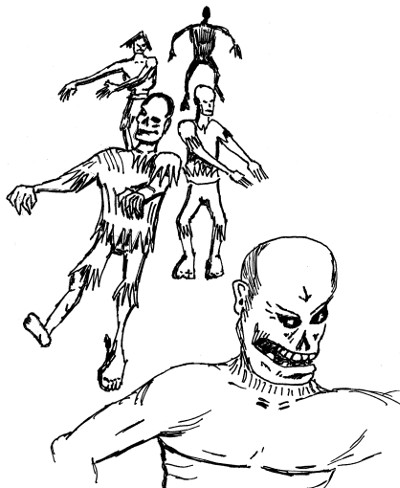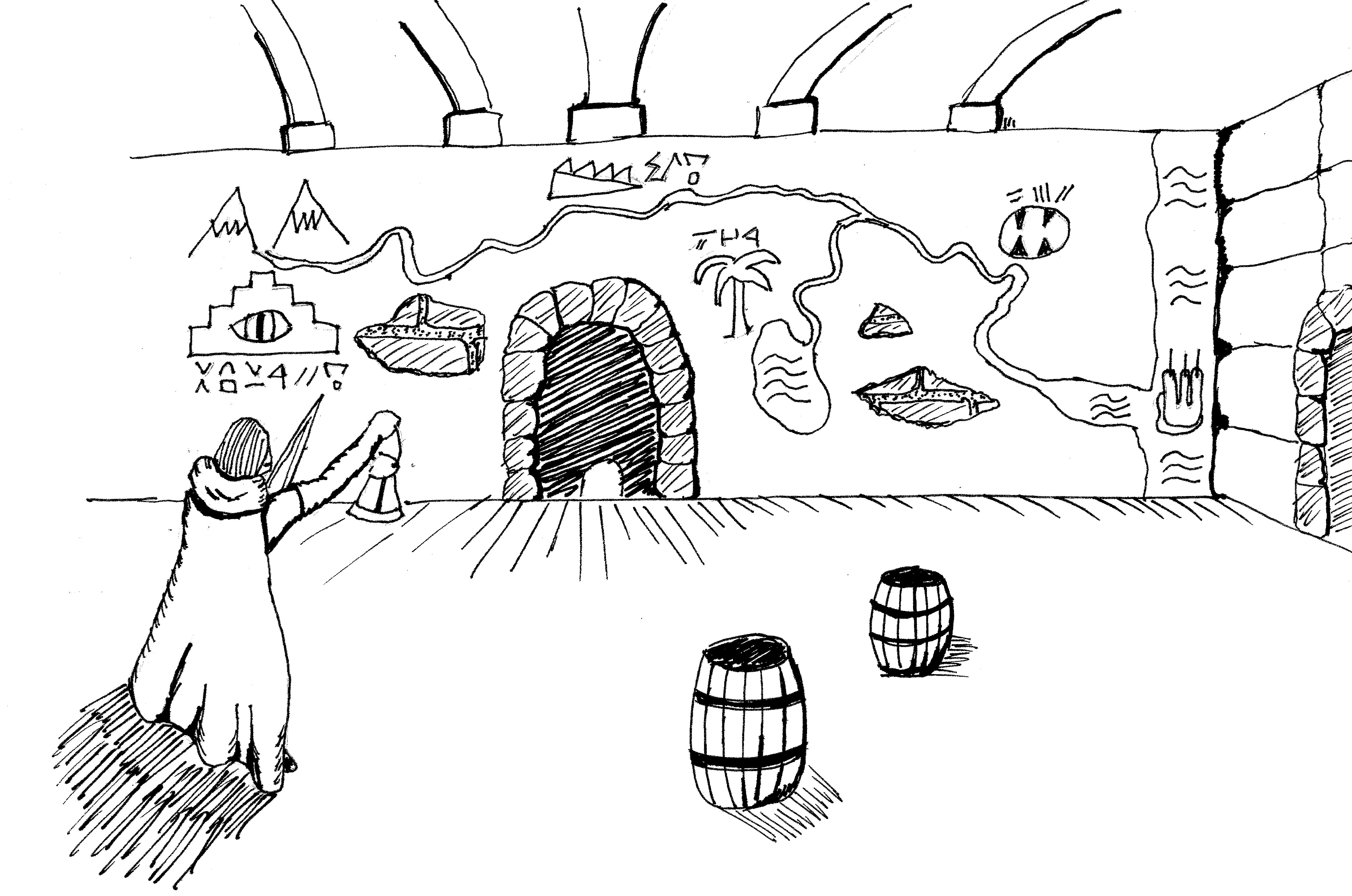Following from my setting of expectations, I outlined a session format to remind our crew every session of expectations as well as the necessary preparations and wrap-up activities. That format is as follows.
- Open the initiative tracker on my own screen and the one viewable by everyone at the table. Also open up browser tabs for audio enhancements.
- Ask everyone if they are well-fed and have a beverage at hand.
- Speak an invocation that reinforces expectations.
- Recount previous events.
- Ask for the next action.
- Play.
- Distribute loot and experience.
- Ask when will we play next?
Here’s some color on those steps.
The initiative tracker is a Google spreadsheet with tabs for tracking initiative, loot and monsters killed. The initiative tab stays up on a screen near the table that anyone can view. A macro rolls initiative for everyone the party and for the foes. This makes combat go faster than if we were rolling dice.
At times, our younger players come to the table having skipped dinner. They may suddenly feel thirsty or hungry. Emphasizing the need to feed the body ahead of playing cuts down on interruptions.
I’ve been using a short rundown of expectations that I think of as an invocation. The players have heard it enough to being to memorize it. To add even more flavor, I recently created a poetic version, which follows.
Hokus pokus, all will focus. The game begins within this locus.
Empty Z Session Invocation II
Let be no outside insult heard. Amuse us with your avatar’s word.
Without delay we make our call, clearly stated to one and all.
“Know yourself” is our creed. “Accept your fate,” fail or succeed.
Remind us once. Remind us twice. Ignore us should that not suffice.
Those not true will not be held. By sworn oath shall they be expelled.
Now we begin the one, true game. We call on spirits name by name.
We call on Gygax! We call on Arneson! We head for dungeons to slay their dragons!
Huzzah!
The invocation done, I ask for a recap of the last session. Players who missed the last session need to be caught up. Some players may have forgotten what happened. Having a log of session events, which I prepare and publish on emptyz.com, serves as a handy reference. Immediately after, I might reveal new events that happened since play stopped last.
And then I ask the players what they want to do next. Play begins and continues for approximately 3 hours. When it ends, we look at the tabs in the tracker for monsters killed. It sums experience points and divides up by party size. Similarly, we review loot found and the players decide who gets which loot. As players head out the door, we may discuss availability for the coming week.



